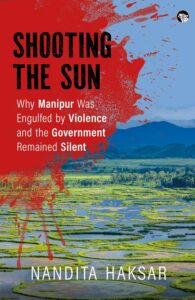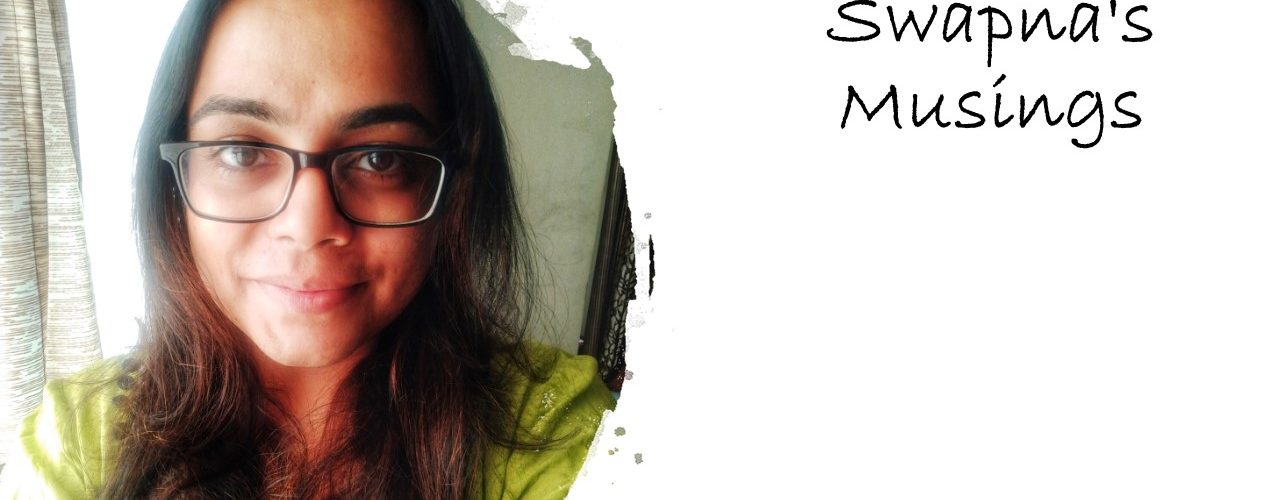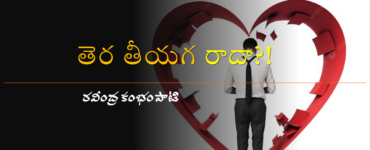In Nandita Haksar’s compelling book “Shooting The Sun,” the complexities of Manipur’s ongoing violence are laid bare with meticulous detail and a critical eye. Haksar, a seasoned human rights activist, brings forth a comprehensive analysis of the strife between the Meitei and Kuki-Zo communities, revealing how this conflict has evolved into a multifaceted crisis engulfing the region. Through her lens, the book not only narrates the events but also unravels the historical, cultural, and political underpinnings that have led to this alarming situation.
Nandita Haksar, a human rights activist, has been involved in civil society organizations against the Armed Forces Special Powers Act, 1958, which has been criticized by numerous organizations, including Irom Sharmila’s decade-long hunger strike against its repeal.
The Genesis of Violence: Unveiling Manipur’s Turmoil
Haksar delves deep into the historical genesis of Manipur’s violence, tracing it back to the construction of Meitei identity and the intricate dynamics between tribals and non-tribals in the region. She illuminates how ethnic identities, rooted in historical transformations and socio-economic disparities, have become central to the ongoing conflict, echoing themes of land disputes, cultural resurgence, and political aspirations.
Ethnic Identity and Socio-Economic Struggles
A significant narrative thread in the book is the dichotomy between tribal and non-tribal identities, which manifests in the struggle for recognition and access to resources. Haksar highlights the Meiteis’ quest to reclaim their indigenous roots and the ensuing tensions over land ownership, exacerbated by socio-economic disparities and external influences, including the scourge of narco-terrorism.
The Narco-Terrorism Nexus: Unmasking Manipur’s Undercurrents
Haksar meticulously explores the interplay between drugs, politics, and violence, shedding light on how the “war on drugs” declared by the Manipur government has widened ethnic fault lines. She unveils the intricate web of drug trafficking, implicating various stakeholders, from political parties to security forces, and its role in perpetuating conflict and exploitation.
Hindutva and Indigenous Politics: A Contested Landscape
The book critically examines Hindutva’s encroachment into Manipur’s indigenous politics, highlighting how identity assertion has been manipulated for political gains. Haksar’s narrative underscores the complex interplay between ethnicity, nationalism, and the rise of Hindutva, posing profound challenges to the region’s socio-political fabric.
A Human Rights Perspective: Beyond the Crude Realities
While focusing on the physical manifestations of violence, Haksar’s human rights approach also prompts deeper reflection on structural injustices and systemic discrimination. She exposes the underlying socio-economic exploitation faced by Manipur’s youth, who migrate to urban centers seeking livelihoods amidst ethnic animosities.
Insightful Reflections and Urgent Questions
Through “Shooting The Sun,” Haksar raises urgent questions about the future trajectory of Indian politics and the dangers of stateless violence. Her narrative compels readers to contemplate whether Manipur’s crisis is a harbinger of broader societal upheavals driven by vested interests and political expediency.
A Riveting Account: Beyond Facts and Figures
Haksar’s book is not merely a compilation of facts but a compelling narrative that unfolds like a thriller, guided by compassion and unwavering commitment to truth. It challenges established notions and beckons readers to confront uncomfortable truths about the intersection of power, identity, and violence. The book serves as a clarion call for substantive and democratic politics to counteract the perils of stateless violence and societal fragmentation. It offers a sobering reflection on the challenges facing Manipur and underscores the imperative for inclusive governance and equitable development.
A Call to Action: Towards Substantive Politics
In “Shooting The Sun,” Nandita Haksar crafts a poignant account that goes beyond headlines, providing a nuanced understanding of Manipur’s crisis and its broader implications for India’s political landscape. This book is essential reading for anyone seeking to comprehend the complexities of identity politics, socio-economic disparities, and the precarious interplay between power and violence in contemporary India.
Book Title: Shooting the Sun: Why Manipur Was Engulfed by Violence and the Government Remained Silent
Author: Nandita Haksar
Published By: Speaking Tiger
*









Add comment